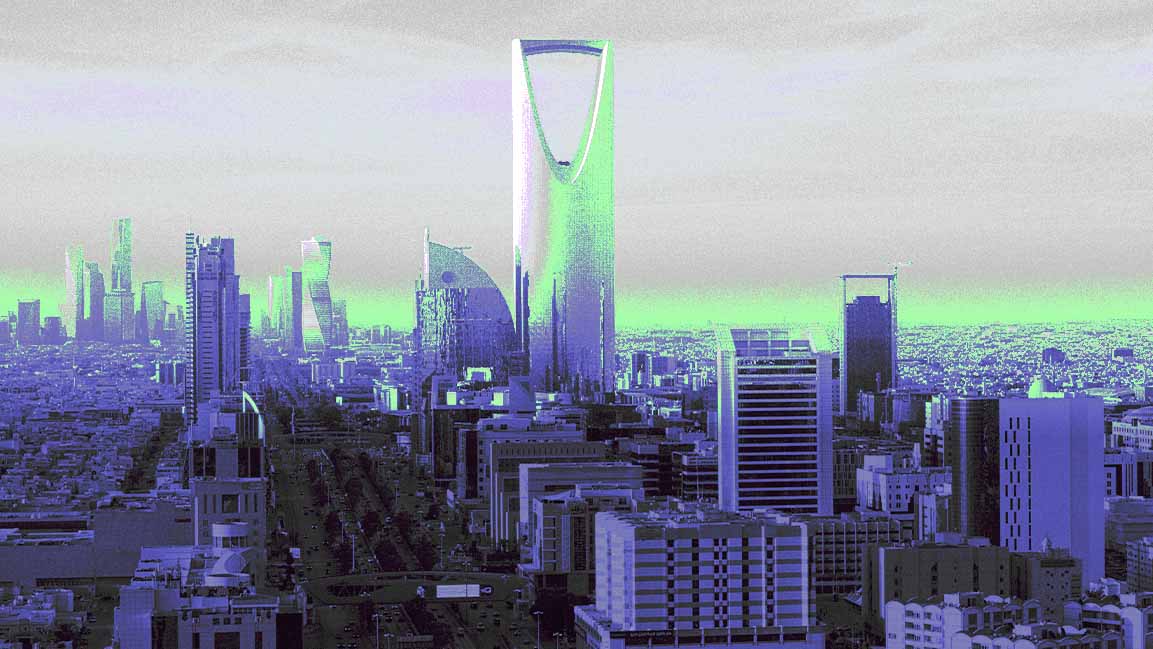- | 12:30 pm
PIF slashes gigaproject valuations by $8 billion amid delays and cost overruns
Saudi Arabia’s PIF trims project valuations by $8 billion, signaling a strategic reset amid Vision 2030 pressures and shifting priorities.

As Saudi Arabia pushes forward with its ambitious Vision 2030 transformation plan, cracks are beginning to show in the financial underpinnings of its largest development efforts. The Public Investment Fund (PIF), the kingdom’s nearly $1 trillion sovereign wealth fund, has taken an $8 billion write-down on some of its most high-profile gigaprojects—massive, futuristic developments intended to diversify the Saudi economy and reshape its global image.
In its 2024 annual report, released Wednesday, PIF revealed that the value of these projects had declined to $56.24 billion by the end of 2024. That’s more than a 12% drop from $64.26 billion reported in 2023.
The downward revision reflects the financial strain of cost overruns, delays, and shifting economic priorities, particularly affecting projects like NEOM, the kingdom’s signature mega-city on the Red Sea, designed to accommodate nearly nine million residents. NEOM has faced ongoing implementation challenges and delays. Sources told Reuters that the project has been scaled back, as the government increasingly focuses on infrastructure needed to host major global events, including the 2034 FIFA World Cup.
“A more targeted investment programme and with longer timelines is actually positive given the weaker oil revenue backdrop, and the large hosting event that Saudi has won. These were won after Vision 2030 was designed and will need significant investment,” said Monica Malik, Chief Economist at Abu Dhabi Commercial Bank.
“The recalibration is also important to contain the misallocation of resources and cost pressures of the projects,” she added.
This reassessment underscores the financial and practical challenges facing Crown Prince Mohammed bin Salman’s Vision 2030 agenda, as Saudi Arabia works to reduce its dependence on oil and reimagine itself as a diversified, global economic powerhouse.































